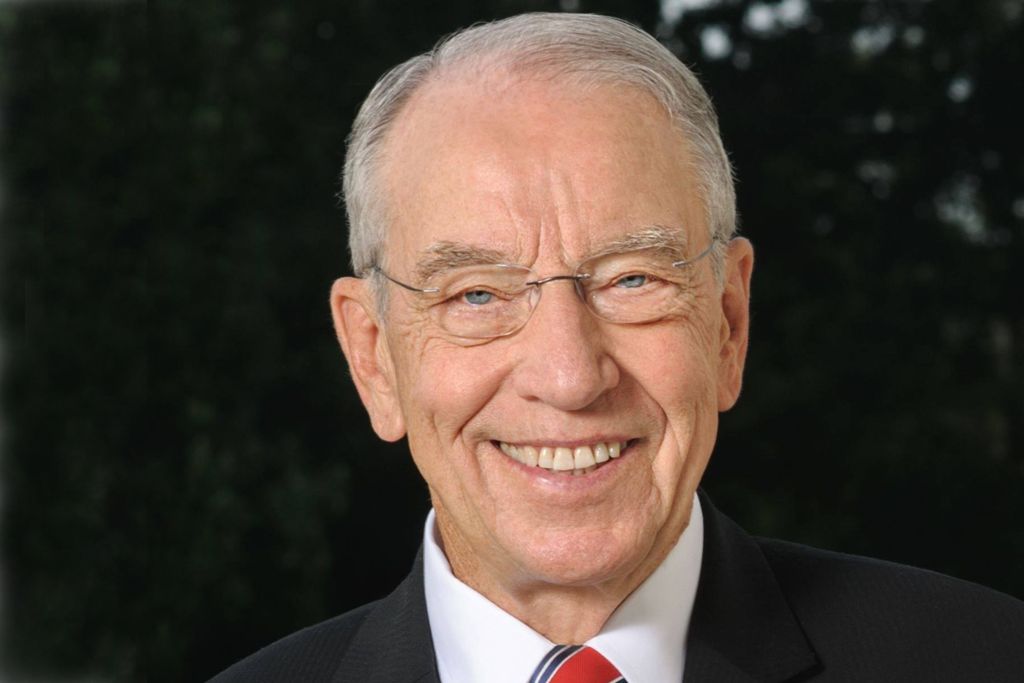Canadian journalism is undergoing an institutional shift, says a veteran in the industry, noting that this has led to a reluctance on the part of journalists to challenge talking points from the government, which he argues in some cases are meant to garner compliance from the populace through fear.
A journalistic institution that keeps journalists hustling to meet deadlines is a key factor contributing to their inability to challenge “state-mandated narratives,” Peter Stockland told The Epoch Times.
Stockland, a senior writer for Hamilton-based think tank Cardus, wrote in a recent commentary that this phenomenon is most evident in news reports about COVID-19 cases filled with what he characterizes as incendiary statistics. Journalists would “mix raw numbers and percolating percentages in the same paragraph,” rather than questioning the impacts of these “fear-inducing” data.
The greatest concern with the use of alarming statistics is that they are often used to serve “a particular political (or regulatory) end,” said Stockland, also a former vice-president of for Reader’s Digest Magazines Canada, and former editor-in-chief for The Gazette, a local newspaper in Montreal.
“As an example, the other day my wife said there’s 2,000 people a day in Tokyo who are testing positive for COVID, and I said in Tokyo there’s 13.9 million people. In the context of the population, would you be worried if 2,000 people a day are getting COVID in Tokyo?” Stockland said in an interview.
“People just heard that data—they heard that kind of information, absolutely stripped of any kind of context—and they became afraid. And governments have used that. Governments have compounded down.”
‘Lazy Journalism’
Stockland said one of the key functions of journalism throughout the late 19th and 20th century was to question what the “state wants to convince us of.”
“The very job of journalism is to question that stuff at every step of the way, and be rigorous in saying ‘Just a minute here. How do we know that’s true? Why should we accept that? Where’s your document to prove that?’ It’s fading away, and that’s what’s most worrisome,” he said.
BY ANDREW CHEN








